It is 1992. A young actor named Will Smith, already a famous rapper and sitcom star, is nervous about his first big film role, as a gay con artist in Six Degrees of Separation. It’s a part that requires him to kiss a man, so he calls his friend Denzel Washington, who tells him: “If you don’t feel comfortable about it, don’t do it.” (That’s Washington’s recollection. Less charitable reports have him telling Smith squarely: “Don’t you be kissing no man.”) In the finished film, there is no kiss – at least not in full view of the camera – and Smith later says he regrets not giving his all for fear that it would harm his career.
How times change. Now a successful heterosexual actor can swear off gay roles for an entirely different and apparently noble reason. Last weekend, Darren Criss took home a Golden Globe for his performance as the gay serial killer Andrew Cunanan in The Assassination of Gianni Versace. When he bagged an Emmy for the same part last year, he announced it would be his last gay role. Far from being homophobic, this was his attempt to open up opportunities for colleagues. Having played several LGBT characters, he was keen “to make sure I won’t be another straight boy taking a gay man’s role”.
His decision comes at a time when there is a groundswell of opinion proposing that such parts should be given only to actors who identify as LGBT. Some voices in the debate, understandably agitated by the news that Jack Whitehall has been cast as a camp gay man in Disney’s Jungle Cruise, have even used the term “gayface” to describe straight actors going gay for pay, echoing the “blackface” of Laurence Olivier in Othello or Alec Guinness in A Passage to India.
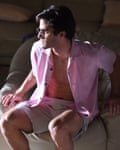
Awards season this year would look very different under such restrictions. No Olivia Colman, Rachel Weisz or Emma Stone, all of whom play bisexual characters in The Favourite. Nor would Weisz and Rachel McAdams have been permitted to star as lovers in Disobedience. It’s goodbye to Rami Malek as Freddie Mercury in Bohemian Rhapsody, and farewell to both Melissa McCarthy and Richard E Grant in Can You Ever Forgive Me? Ben Whishaw would still be allowed to play Norman Scott in A Very English Scandal, for which he, too, won a Golden Globe, but his co-star Hugh Grant would need to be replaced as the MP Jeremy Thorpe, Scott’s lover who tried to have him killed. Would there be enough out LGBT actors – brilliant, out LGBT actors, that is – to fill all these vacant parts? It wouldn’t do to throw out the straights with the bathwater.
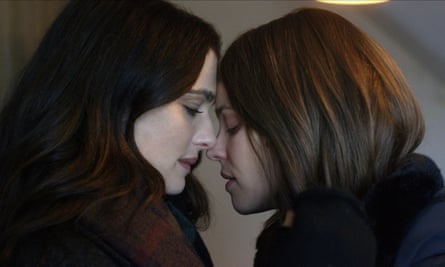
This dilemma could only have arisen in a climate where there is a plenitude of LGBT roles and an eagerness to see diversity on screen. But it would be unwise to outlaw the function played in performances by interpretation, imagination and skill; it’s called acting for a reason, after all. What’s more, it seems unworkable to say that when an LGBT part is up for grabs, only the out should have a shout. It could operate as a kind of outing-by-default: closeted actors would now need to enter the audition room via the Something to Declare channel. And it would surely encourage category fraud. How long before Hollywood was hit by a sexuality equivalent of the Rachel Dolezal race scandal, with straight actors passing themselves off as gay? I foresee paparazzi snaps of avowed lesbians caught in clinches with men, prompting previously unimaginable tabloid headlines: “Oscar-Winning Actor in ‘Not Gay’ Shock!”
Andrew Haigh, the writer-director of the landmark gay love story Weekend and the HBO series Looking, says sexuality is sometimes a consideration in the casting process. “For Weekend, and especially Looking, I wanted as many gay actors as possible,” he recalls. “The same goes for the crew. Working on LGBT material with LGBT people feels liberating. But it’s also about finding the right actor for a role. The sexuality of a character is not their defining characteristic. Identities are complex. Tom Cullen in Weekend or Raul Castillo in Looking may not have been gay in real life but they completely understood and related to the psychology of their roles. Also, what is forgotten in this debate is how important the writing is. It doesn’t matter if an actor is LGBT or not, if the writing doesn’t feel authentic then it’s unlikely to be any good.”
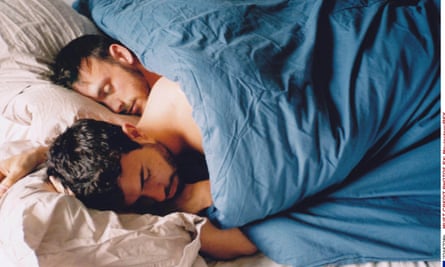
The actor Chris New, who starred opposite Cullen in Weekend, feels he has been pigeonholed by his sexuality. “I’m known as being an out gay actor,” he says. “But I’m not – or, at least, I’m not just that. I’m an actor, yes, and in my private life I have mainly found that men attract me. I don’t see that, or any other singular aspect of my identity, as defining me or as something that I wish to trade on. In my work, I am increasingly allowed to engage in my culture only when that engagement centres on being gay. Being out has done nothing but restrict my career. In the current cultural climate I am invited to participate only on the basis of my supposed oppression. Nothing more is required of me. I live in a cultural ghetto.”
His response has been a drastic one. “Any role where the character’s sexuality is their defining characteristic I turn down. Which means I don’t work very much. Or, at least, nowhere near as much as I’d like to.” How does he feel seeing a straight actor playing outside his own sexuality? “I really don’t mind at all. I just hope they are the best actor. And I quietly wish that the role could be defined as something a little more than just gay.”
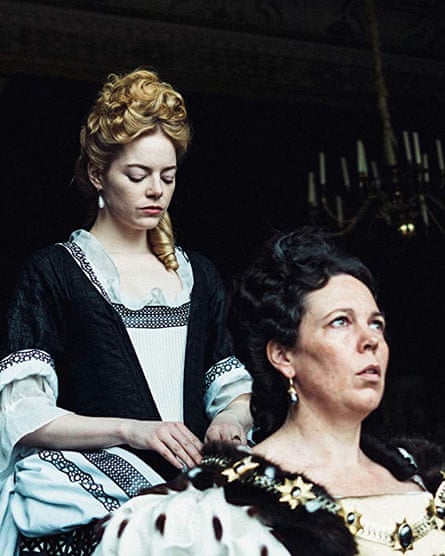
But what’s it like for those on the other side of the divide? Dan Krikler, a straight actor, agrees to be the voice of the heterosexual community for this article. The distinction became relevant when he played a gay man last year in the European premiere in London of Jordan Seavey’s explosive play Homos, Or Everyone in America. “As with any form of acting, you substitute the things that aren’t familiar with those that are,” he says. “Playing someone who’s attracted to guys, it’s not a big leap to substitute the feelings I usually have for women. There were other things that were new to me, so I had to ask a gay co-star, ‘How do you feel holding hands with a man in public?’ That doesn’t even cross your mind as part of a heterosexual couple. But it’s the kind of research you’d do with any role that doesn’t fit you exactly. It seems ridiculous to only play parts within your own experience. That would go against everything anyone’s ever learned about acting.”
It may expand opportunities for LGBT performers, but the idea of like-for-like casting can only inhibit the scope of acting in general. Cate Blanchett, who played a lesbian in Carol and Bob Dylan in I’m Not There, has promised to “fight to the death for the right to suspend disbelief and play roles beyond my experience”. For his part, Seavey has no problem with it. “I used to feel that a straight person could not know, on a molecular level, the exact and particular experience of being queer,” he says. “But then a straight actor played a gay character in one of my plays and, being a brilliant actor, gave a brilliant performance. He was the right actor for the role – that’s all that mattered. It would be such a bad use of my time and energy to even think of complaining.”
Seavey sees Darren Criss’s statement as sincere, if perhaps misguided. “It’s his choice to make, though I don’t think a straight actor playing a gay role is ‘taking’ the role from a gay actor. What would be nice is if gay actors got cast more often, especially in straight roles, and if film and television featured queer characters way more prominently. Parity and equality feel most important.”

Haigh thinks Criss’s announcement may even have improved his prospects. “His reasons seem entirely heartfelt and genuine,” he says, “but the funny thing is it’s probably done his career a benefit [by] reminding everyone he’s straight. It’s another cause of frustration for LGBT actors: if you are a straight actor you are often applauded for playing gay, congratulated on your bravery, commended on your skill to pull off such a tricky feat. You rarely see a gay actor applauded for playing straight. And if a gay actor does play gay, there is often the assumption that no acting was really required in the first place.”
The wisest route is surely the one opted for by Lucas Hedges, the 22-year-old actor who plays a young gay man undergoing conversion therapy in the forthcoming drama Boy Erased. “I recognise myself as existing on that spectrum,” Hedges said last year. “Not totally straight, but also not gay and not necessarily bisexual.” Seavey regards the new generation of actors as encouraging. “If you’re following young Hollywood, you’ll notice that sexuality is holding fewer actors back,” he notes. “They’re here, they’re queer – or at least wearing gender-fluid fashion on the red carpet – and hopefully the world is finally getting used to it.”
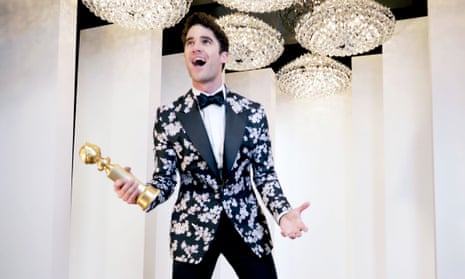
Comments (…)
Sign in or create your Guardian account to join the discussion